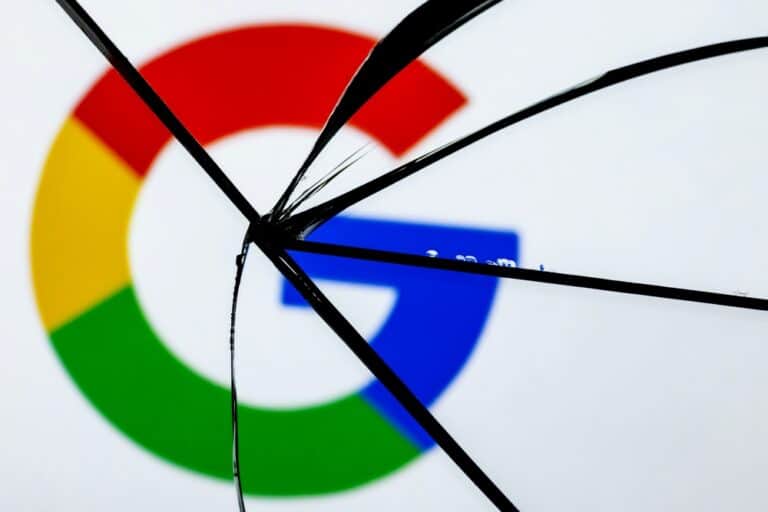The British Competition and Markets Authority wants to elevate Google to ‘strategic market status’ because of its dominant search engine. This would allow the CMA to claim up to 10 percent of Google’s global annual revenue in the form of a fine.
Google has expressed concern about the plans, stating that “the scope of the CMA’s considerations remains broad and unfocused,” said Oliver Bethell, senior director of competition at Google. The company emphasizes that the status is not evidence of anti-competitive behavior, but does acknowledge challenges for critical parts of its business.
New legislation gives more power
For those finding the sound of a maximum fine of 10 percent of global revenue familiar: this is equal to the highest penalty Google can expect from the European Union if it violates the Digital Markets Act, which it is already subject to. In the United Kingdom, the similar law has a slightly different name: the Digital Markets, Competition and Consumers Act. It has been in force since this year. The legislation gives the British regulator new powers to tackle large tech companies.
Like the Digital Markets Act in Europe, the British law focuses on breaking digital monopolies and strengthening competition. Given that Google Search is not (yet) threatened in terms of usage (not even by AI-driven options such as Perplexity and ChatGPT), the likelihood of further restrictions on Google’s power remains high.
Concrete measures in preparation
If Google is indeed granted this ‘strategic market status’, concrete measures will follow. The CMA proposes to provide choice menus for search engines. This is reminiscent of the EU’s requirement for Microsoft to provide alternatives to Internet Explorer from 2010 onwards. Here too, users must be able to switch between services more easily. In addition, rules will be introduced for fair search rankings without discrimination.
News and content publishers will have more control over the use of their material, even when Google uses AI to summarize results.
Global pressure on tech giants
The British action is far from unique. Google/Alphabet is facing restrictions, investigations, and fines worldwide for alleged (and proven) monopolistic behavior. In the United States, for example, a judge ruled that Google has illegal monopolies in the online advertising market. Last week, an advisor to the European Court of Justice also recommended that Google’s appeal against a record fine of 4.1 billion euros be rejected.
Google promises to cooperate constructively with the CMA to avoid measures. The outcome could have major consequences for British companies and consumers, the company says. The CMA emphasizes that strategic market status does not automatically mean that anti-competitive behavior has taken place. In other words, there is no question of guilt.
